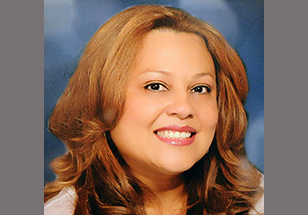
Jul 27, 2013 | Comunicados de prensa, Noticias
La CIJ condenó el asesinato de la jueza del Tribunal de Sentencia de la ciudad de El Progreso y Pro-Secretaria de la Junta de la Directiva Nacional de la Asociación de Jueces por la Democracia de Honduras.
La Jueza Mireya Mendoza fue ultimada por los disparos hechos desde una motocicleta mientras conducía su vehículo en la mañana del 23 de Julio en la ciudad de El Progreso, Departamento del Yoro, Honduras.
Ramón Cadena, Director de la CIJ para Centroamérica señaló: “Condenamos en los más enérgicos términos el asesinato de la Jueza Mendoza Peña.”
Más de 50 abogados y abogadas han sido asesinados en Honduras en los últimos tres años
“Ataques de este tipo contra jueces y abogados no solamente constituyen graves crímenes sino que socavan seriamente el Estado de Derecho y la administración de la justicia en Honduras. La CIJ solicita al Gobierno de Honduras que disponga una investigación pronta, efectiva e imparcial sobre este nuevo crimen y que tome las medidas de protección necesarias para abordar la ola de intimidación y hostigamiento que sufren los profesionales del Derecho en ese país,” añadió Cadena.
La CIJ también expresó su solidaridad con la Asociación de Jueces por la Democracia en Honduras (AJD), que ahora se viste de luto por tan infame asesinato.
La AJD es una organización profesional fundada en 2006, conformada por jueces y juezas comprometidos con la defensa y promoción de la independencia judicial como un presupuesto esencial para el fortalecimiento del Estado de Derecho, asumiendo la defensa de los derechos profesionales e intereses gremiales de jueces y juezas en Honduras.
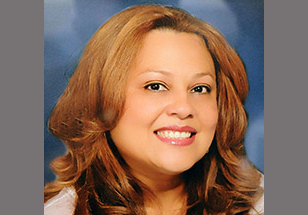
Jul 27, 2013 | News
La CIJ condenó el asesinato de la jueza del Tribunal de Sentencia de la ciudad de El Progreso y Pro-Secretaria de la Junta de la Directiva Nacional de la Asociación de Jueces por la Democracia de Honduras.
La Jueza Mireya Mendoza fue ultimada por los disparos hechos desde una motocicleta mientras conducía su vehículo en la mañana del 23 de Julio en la ciudad de El Progreso, Departamento del Yoro, Honduras.
Ramón Cadena, Director de la CIJ para Centroamérica señaló: “Condenamos en los más enérgicos términos el asesinato de la Jueza Mendoza Peña”. Más de 50 abogados y abogadas han sido asesinados en Honduras en los últimos tres años
“Ataques de este tipo contra jueces y abogados no solamente constituyen graves crímenes sino que socavan seriamente el Estado de Derecho y la administración de la justicia en Honduras. La CIJ solicita al Gobierno de Honduras que disponga una investigación pronta, efectiva e imparcial sobre este nuevo crimen y que tome las medidas de protección necesarias para abordar la ola de intimidación y hostigamiento que sufren los profesionales del Derecho en ese país”, añadió Cadena.
La CIJ también expresó su solidaridad con la Asociación de Jueces por la Democracia en Honduras (AJD), que ahora se viste de luto por tan infame asesinato. La AJD es una organización profesional fundada en 2006, conformada por jueces y juezas comprometidos con la defensa y promoción de la independencia judicial como un presupuesto esencial para el fortalecimiento del Estado de Derecho, asumiendo la defensa de los derechos profesionales e intereses gremiales de jueces y juezas en Honduras.
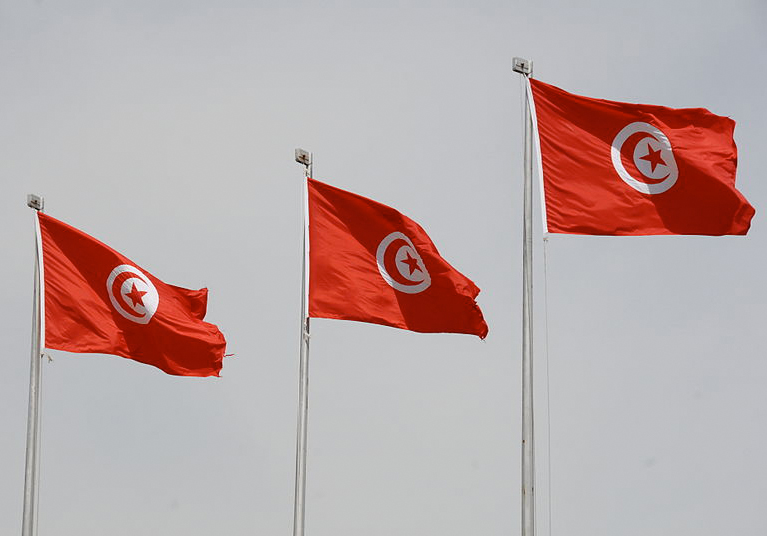
Jul 26, 2013 | News
The ICJ today called on the Tunisian authorities to conduct an investigation into the targeted assassination of Mohamed Brahmi, a prominent opposition figure and member of the Tunisian National Constituent Assembly.
The investigation should be prompt, thorough, independent and transparent, with a view to holding the perpetrators to account.
This killing came less than six months after the assassination of another opposition figure, Chokri Belaid.
The ICJ is deeply concerned that these assassinations are part of a large campaign of intimidation against opposition figures, human rights defenders, including lawyers and judges. Many of them were subject to death threats. For example, in May 2013, Justice Kalthoum Kennou, a Tunisian judge on the Court of Cassation and ICJ Commissioner received an anonymous letter threatening her with death and ordering her to quit the judiciary.
“The Tunisian authorities must fully and promptly investigate the assassination of Mohamed Brahmi and ensure that the perpetrators are criminally held to account”, said Said Benarbia Senior Legal Advisor of the ICJ’s Middle East and North Africa Programme. “Tunisian authorities must also take all effective measures to end all forms of intimidation against opposition members, human rights defenders and judges, including by ensuring their security and physical integrity”, he added.
The ICJ also called on the Tunisian authorities to respect and protect the right of individuals to peaceful assembly and refrain from any unlawful use of force against them.
Mohamed Brahmi – Press Statement (ENG – Full Text in PDF)
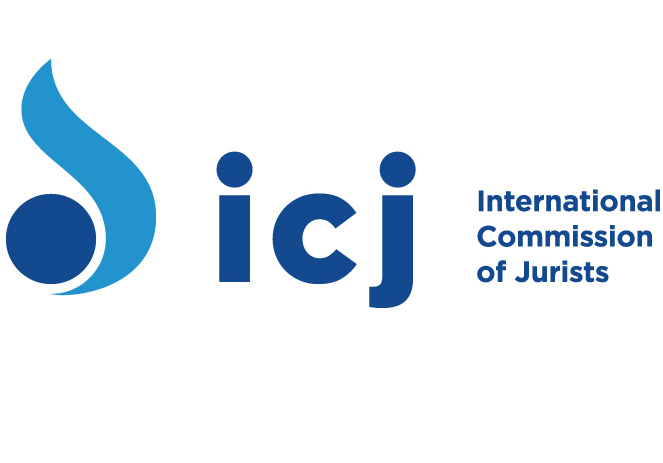
Jul 25, 2013 | News
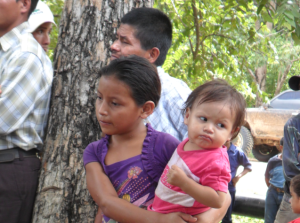 On 16 July, the ICJ addressed a UN panel on the rights of peasants and other people working in rural areas.
On 16 July, the ICJ addressed a UN panel on the rights of peasants and other people working in rural areas.
The panel took place during the first session of the open-ended intergovernmental working group on a UN declaration relating to this issue.
The ICJ made an intervention concerning the issues of poverty, discrimination and human rights violations that a vast majority of persons living and working in rural areas face.
This intervention informed the discussion of the working group on the need to better guarantee and protect the rights of these persons, in the perspective of the possible adoption of a new UN declaration.
Working Group on rights of peasants PANEL II (Full Text in PDF)

Jul 9, 2013 | News
The ICJ today called for the immediate release of Le Quoc Quan, after the People’s Court of Hanoi announced on 8 July 2013 the postponement of his trial, without setting any new dates for the case. The reason given for the hastily informed adjournment was that the judge had suddenly taken ill.
The ICJ considers that Le Quoc Quan’s continued detention is in violation of Vietnam’s penal law and the State’s international legal obligations.
Le Quoc Quan, a lawyer and human rights defender, was arrested on 27 December 2012 and charged for tax evasion under article 161 of Vietnam’s 1999 Penal Code.
The postponement of the trial appears to signal that Le Quoc Quan will continue to remain in jail. Since his arrest last year, he has already been detained for more than six months.
“The continued detention of Le Quoc Quan is akin to him being punished even before the trial has commenced. This is a clear violation of his right to being presumed innocent,” said Andrew Khoo from the Malaysian Bar Council, an expert appointed by the ICJ, who had traveled to Hanoi to observe Le Quoc Quan’s trial.
On 29 December, two days after Le Quoc Quan’s arrest, his wife filed an application for bail to the police and procurator. She had also applied for release on his own recognizance. There are no specific detailed procedures spelled out in law governing bail procedures. Under article 92 of the Criminal Procedure Code, only family members are permitted to act as guarantors. To date, neither the police nor the procurator have replied to her applications.
Under article 9 of the International Covenant on Civil and Political Rights (ICCPR), to which Vietnam is a party, it should not be the general rule that persons are detained while awaiting trial, and release pending trial may only be subject to conditions to ensure appearance at the trial.
“There is no reason to believe that if released Le Quoc Quan would not appear for trial, and in any event his family has made representations to act as guarantors”, said Emerlynne Gil, the ICJ’s International Legal Adviser on Southeast Asia, who was also in Hanoi to observe the trial. “The People’s Court of Hanoi must order Le Quoc Quan’s release either on bail or his own recognizance.”
The ICJ notes that the postponement also violates Le Quoc Quan’s right to a speedy trial. Under international law, including ICCPR article 14, an accused has the right to be tried without undue delay and within a reasonable period of time. This prevents any unnecessary continuing deprivation of liberty and ensures that the interest of justice is properly served.
“We would expect that the People’s Court of Hanoi will notify promptly the public of the next date of Le Quac Quan’s trial and ensure that his right to a fair and public trial is upheld,” said Emerlynne Gil.
The ICJ looks forward to returning to Vietnam to continue monitoring this case and ensuring that the rights of Le Quoc Quan, including his right to liberty and to a fair trial, are fully respected and protected.
CONTACT:
Ms. Emerlynne Gil, International Legal Adviser for Southeast Asia, tel. no. +662 6198477; email: emerlynne.gil(a)icj.org










